Since its release in 1995, Java has been a popular programming language. It’s a compiled language with object code that isn’t limited to a single processor or machine, making it ideal for cross-platform applications like web apps and server-side programming. Java is the most popular programming language for creating Android apps nowadays. Cloud apps, machine-learning environments, and Internet of Things technology all use it.
- Who is a Java Developer?
- Java Developer Job Description
- Java Developer Skills
- Frequently Asked Questions
- 1. Who is a good Java Developer?
- 2. What should a junior java developer know?
- 3. Which certification is best for java developers?
- 4. Is Java Developer a good career?
- 7. Is Java hard for beginners?
- Additional Resources
Who is a Java Developer?
A Java Developer is a Computer Software Programmer who uses the Java Programming Language in the development of computer applications, web development, and other client and server-side requirements.
A Java Developer is in charge of designing, developing, and maintaining Java-based programs. Because Java is so widely used, especially by large enterprises, day-to-day responsibilities vary, but can include owning a specific program or working on several at once.
Confused about your next job?
As a Java developer, you’ll most likely be part of an organization’s IT team. Depending on how your company is set up, you may have a single IT team or a number of smaller IT teams working on particular projects. In Agile contexts, the second method is frequently used.
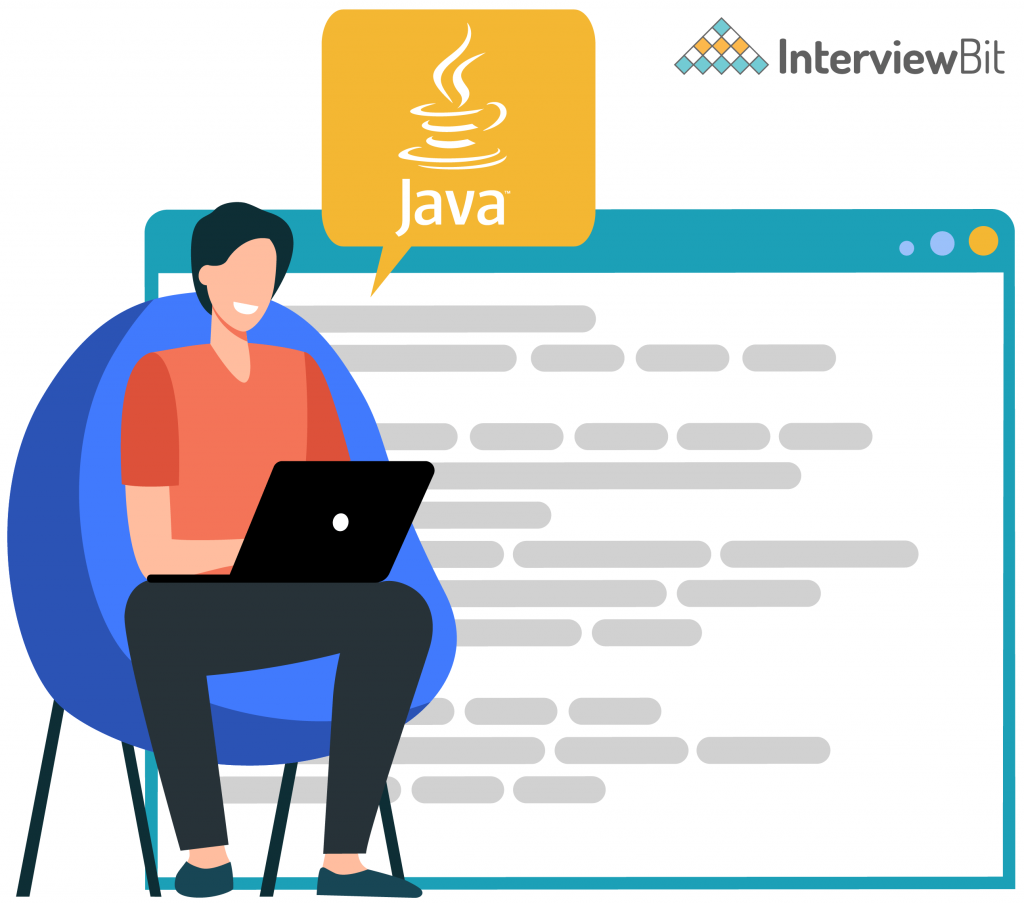
Java Developer Job Description
The roles and responsibilities of a Java developer/engineer vary widely based on the firm and job. The following are some examples of usual responsibilities:
- Designing, implementing, and maintaining Java applications for mission-critical systems that are often high-volume and low-latency.
- Providing a high level of availability and performance
- Participating in all stages of the development process
- Writing code that is well-designed, efficient, and testable
- Analysis, programming, testing, and debugging of software
- Managing the development of Java and Java EE applications
- Assuring that designs adhere to standards
- preparing and producing software component releases
- Creating stipulations from requirements
- Encourage continual progress.
- Alternatives and technologies are being researched.
- Preparing a presentation for architectural evaluation
Java Developer Skills
Basic Skills
1. Object-Oriented Programming Concepts
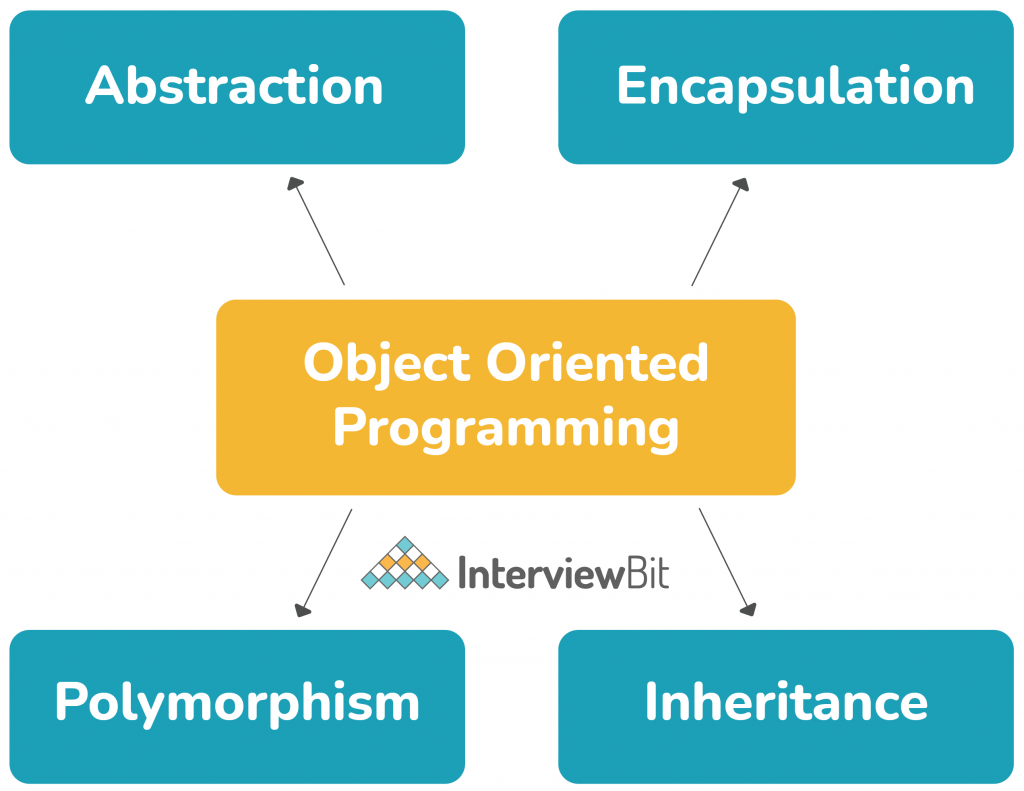
There are various advantages of object-oriented programming over procedural programming:
- OOP is a more efficient and straightforward method of programming.
- The programs have a clear structure thanks to OOP.
- OOP makes it easier to maintain, alter, and debug Java code by keeping it DRY (Don’t Repeat Yourself).
- OOP allows developers to construct fully reusable apps with less code and in less time.
The Object-Oriented Programming methodology introduces the principles of inheritance, encapsulation, abstraction, and polymorphism through the use of classes and objects. The goal of OOP is to connect data and functions in order to increase code stability and security.
You must be thoroughly clear with these concepts as they are the basis of the Java programming language.
2. System Design And Architecture

The most crucial parts of the software development process are software design and architecture. Any software developer, not just a Java developer, needs to be able to understand the broad picture and think through the challenge at hand, as well as choose the correct architecture and technology stack to create your program.
You must be good at software design because this will make your project maintainable and scalable. Following are the benefits of this –
- A proper system design keeps the project modular. It also allows for future adjustments to be made with ease. If your client’s requirements change, you can restructure a module rather than the entire project at any time. It allows you to detect mistakes in modules rather than the entire organized and complex code.
- A proper system design enhances the readability of the project. If a software project is passed from one developer to another, the new developer should be able to grasp the software just by reading the software design, which is the benefit of good software design.
3. JVM Internals
You must devote time to learning JVM internals, such as what the various elements of JVM are and how they function, JIT, JVM options, garbage collections and collectors, and so on.
You can create both sturdy and high-performance Java applications if you know JVM well. You should also learn how to profile your Java application and how to identify performance bottlenecks, such as which objects are consuming the majority of your memory and CPUs.
4. Java Build Tools
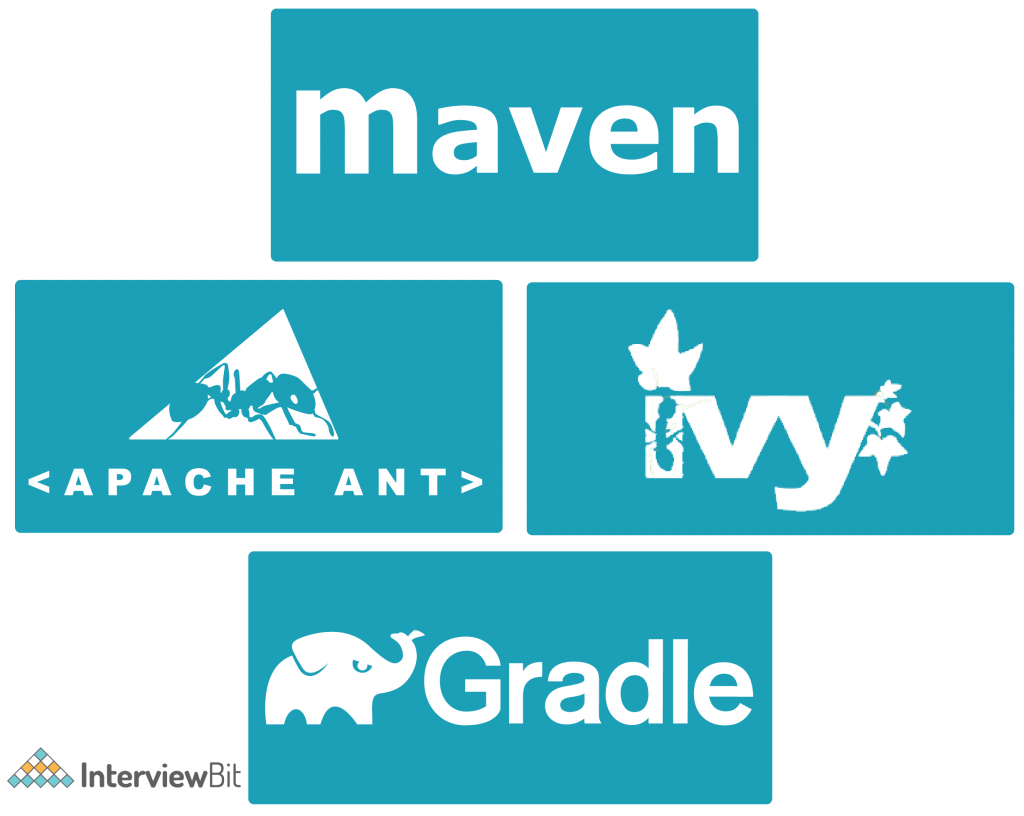
Developers need to use a separate tool for specific work, depending on the tasks allocated. Understanding the language of Java Build tools comes in helpful for a Java Developer because Java Build tools are programs that automate the generation of executable applications from source code. Maven and Gradle are two build tools that everyone should be familiar with.
5. Web Technologies
Web technology makes it easy and quick to produce dynamic web content. Understanding the concept of establishing communication between many computer systems via markup languages requires a greater understanding of Web technologies.
It allows users to communicate with the host for information, similar to how web pages work. HTML, JQuery, and CSS are all often used in projects.
6. Code Version Control
The method of recording and controlling changes to software code is known as version control, sometimes known as source control. Version control systems (VCS) are software tools that aid software development teams in managing source code changes over time.
Version control systems help software teams operate faster and smarter as development environments have increased. There are many version control platforms. Some of them are Github, BitBucket, GitLab, BeanStalk. You should have good hands on version control systems.
7. Java Testing Tools
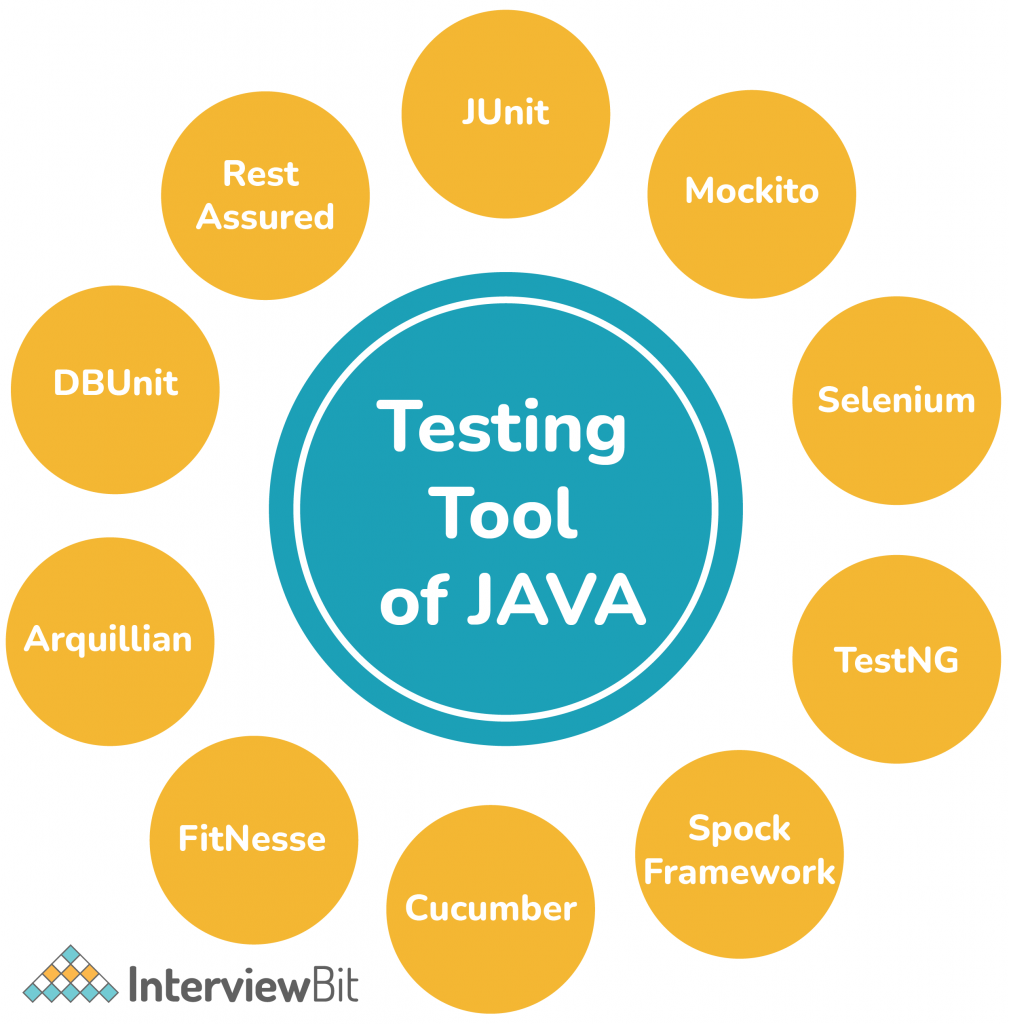
Java Testing Tools enable you to test your JSP pages and Web applications using an interface that does not require you to run your application in a web browser.
They support a variety of test activities, including planning, requirements, building a build, testing, defect tracking, and analysis. Selenium and TestNG are two testing tools. You must have a good understanding of any one of these tools. They are of great help while testing your applications.
Core Java Skills
1. Web Frameworks
Java web frameworks are the best in class solutions for building a Mobile application with the best features and the least amount of code.
They enable the creation and deployment of web applications on the World Wide Web in a uniform manner, including web services, web resources, and web APIs. Spring MVC and Play are two of the greatest frameworks.
Spring makes an effort to avoid tight connections (where classes directly depend on other classes and interfaces in the framework) by relying on annotations.
Spring is currently built on the Model-View-Controller (MVC) framework, which divides the operations, business, and representation layers. Spring is praised by developers for its excellent object injection capabilities, simple syntax, simplicity, and automated testing tools.
You must have an in-depth knowledge of these tools because today a lot of mobile applications are based on java web frameworks.
2. Application Containers
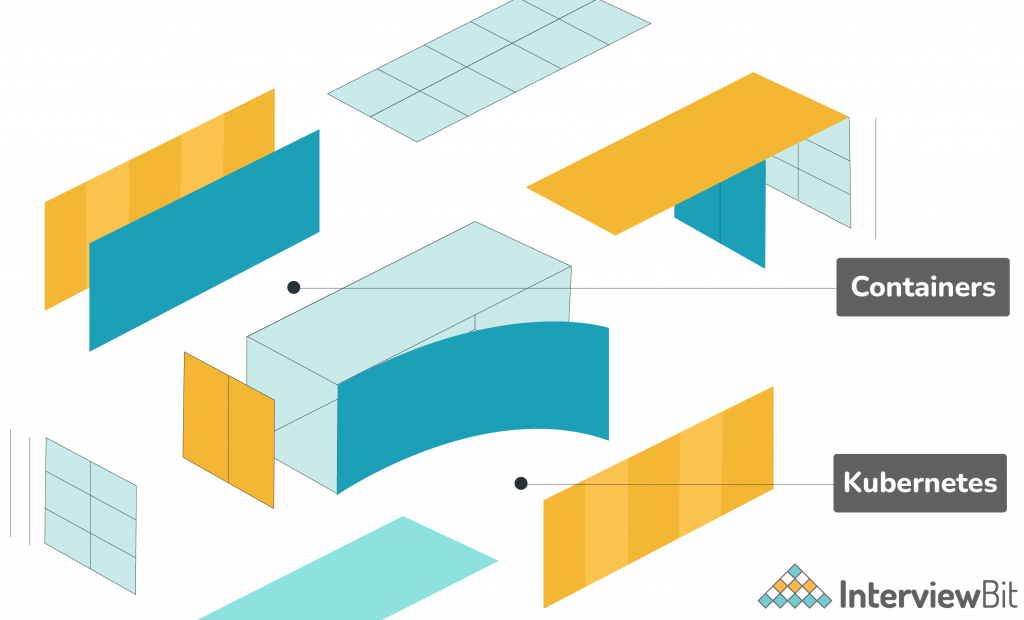
A Java Application Container is an application program that runs a component, which is a software building unit.
Application containers are designed to perform a variety of tasks, such as user authentication, logging, and database connection establishment. JBoss and Jetty are two excellent Java Application Containers.
3. Unit Testing
As your application expands, maintaining it and writing automated tests, such as unit and integration tests that involve starting an application, gets more difficult. The deployment and assembly of an application in Java is slow.
Unit testing tools like JUnit and TestNg come into play at this point. These frameworks help you write automated tests faster, with a simple syntax and rapid feedback on passed tests.
JUnit emphasizes the philosophy of “testing first,” which boosts the programmer’s productivity and the codebase’s stability, which decreases the strain on the programmer and the amount of time spent troubleshooting.
You must have an in-depth knowledge of any one of these tools. Almost every organization uses a testing tool for testing the application.
4. Java EE Components
Developers can use Java EE Components to create server-side apps. Managing requests from web-based customers is one of the most prevalent difficulties that corporate developers encounter.
To help with this problem, Java EE includes the Servlet and JavaServer Pages APIs, which offer ways for logging actions using cookies on a user’s browser.
These APIs simplify and provide the best answer for these types of problems. Servlets, Java Beans, and Java Server Pages are some of the most important Java EE components.
5. DevOps Tools
DevOps knowledge is a requirement among top Java skills. Continuous integration (CI), continuous deployment (CD), and Jenkins’ involvement in both processes are all important concepts for a skilled developer to understand.
A solid understanding of major DevOps tools like Docker, Chef, Kubernetes, Maven, and Jenkins is even more important for senior-level developers whose duties typically involve applying coding best practices and writing guides and scripts.
6. Mastering The Principles Of SOLID
The SOLID acronym stands for the following:-
S stands for the principle of single responsibility. Its core notion is that a class should only be in charge of one thing. When a class is responsible for the solution of multiple problems, the subsystems that implement the solution of these problems become interconnected.
O stands for the Open-Closed Principle. Entities such as classes, modules, and functions must be extendable but not modifiable.
The Liskov Substitution Principle is abbreviated as L. Subclasses should be able to take over the functions of their superclasses.
I: The Principle of Interface Segregation. Create custom user interfaces for each client. Clients should not be reliant on interfaces they are unfamiliar with.
D stands for the Dependency Inversion Principle. The dependent object should be an abstraction rather than a concrete object. Modules at a higher level should not rely on modules at a lower level. Details should not be relied upon in abstractions.
These five principles are intended to improve the quality and maintainability of apps. A skilled developer should be able to use these principles whenever they are needed.
7. Big Data

Big Data has grown into a trillion-dollar industry, and typical data processing technologies can no longer handle such massive amounts of data.
Learning Big Data technologies aids developers in analyzing and extracting data from large datasets. Hadoop and Spark are two of the most powerful Big Data technologies.
Soft Skills
1. Team Work

You must be a team player. Teamwork establishes a method for meeting deadlines and producing high-quality work. When one teammate falls behind, another steps in to pick up the slack.
When work is distributed among team members, it is completed faster, allowing the business to operate more efficiently. As you work toward a common objective, your team will build a sense of togetherness.
2. Ready to learn new things
Knowledge is limitless. Successful Java developers are always on the lookout for new technological advancements and keep themselves up to date.
3. Communication Skills
Good communication skills aid in the development of greater understanding and beliefs among individuals, inspiring them to adhere to the concepts and ideals instilled in them by their leader.
Active listening, in which you pay great attention to the person speaking to you, and attempt to adjust your communication style to your audience in order to express your message more effectively, are example of good communication skills.
The better the communication Skills, the better chances of growth in one’s career.
Frequently Asked Questions
1. Who is a good Java Developer?
A good Java developer has a strong understanding of technology and is eager to grasp new Java advances such as Java 8, JDK 10, and JVM internals. One must have a good command of the various tools used for testing and deploying java applications.
2. What should a junior java developer know?
A junior Java developer should be familiar with the programming languages that are often used on the job. Junior Java developers must be fluent in Java, as well as JavaScript, HTML, and CSS.
Besides this, one must have a good understanding of System Design and Architecture. Also, one must be comfortable with the various tools used by one’s organization to deploy and test java applications.
3. Which certification is best for java developers?
The Oracle Certified Master Java Enterprise Architect is the highest level of Java certification available to a developer. This certification verifies that a professional has the essential Java skills and competence to conduct enterprise application development.
4. Is Java Developer a good career?
Java is all over the place. Java has served as the backbone of the internet revolution, from android apps to web server tools to enterprise software.
As a result, pursuing a profession as a Java software developer is both prudent and profitable. Java is projected to remain the first choice for most enterprises because of its robust community, enterprise support, and growing popularity among programmers.
As a result, java job possibilities aren’t going away anytime soon.
5. Does Java have a future?
Java has established itself as one of the most popular programming languages for enterprise applications throughout the years.
Today, Java is used to power a lot of the software that helps people do business and complete activities in the real world. Java has a bright future ahead of it and will continue to do so.
6. Can I learn Java by myself?
It is not difficult to learn Java on your own; there are numerous resources available for self-study and practice. There are many websites that will provide you hands-on experience and teach you how to program in Java, regardless of your age or experience level.
7. Is Java hard for beginners?
Java is neither simple nor difficult. Many novices struggled with java principles, but as you start writing and experimenting with its GUI capabilities, you will fall in love with it.
8. Should I learn Java or Python?
If you’re just getting started with programming and want to dip your toes in without going all in, Python is a good choice because of its simple syntax. If you are pursuing computer science or engineering, I recommend starting with Java because it will help you comprehend the inner workings of programming.







 Join WhatsApp Group
Join WhatsApp Group


